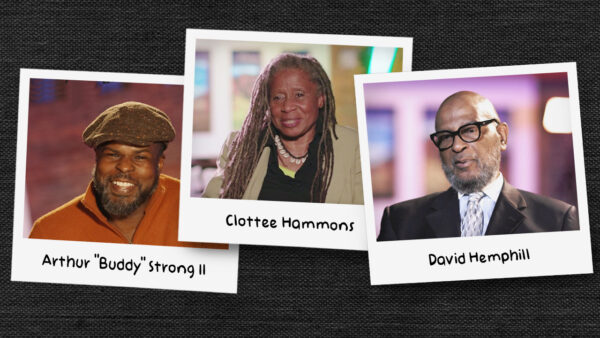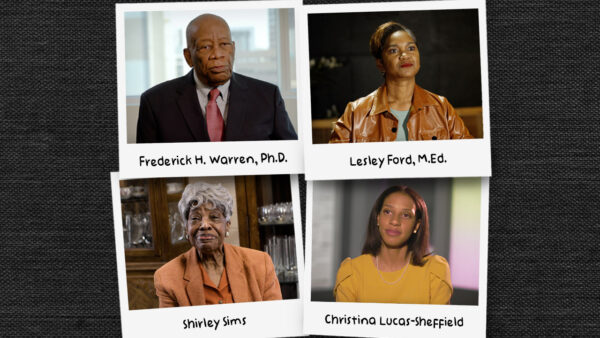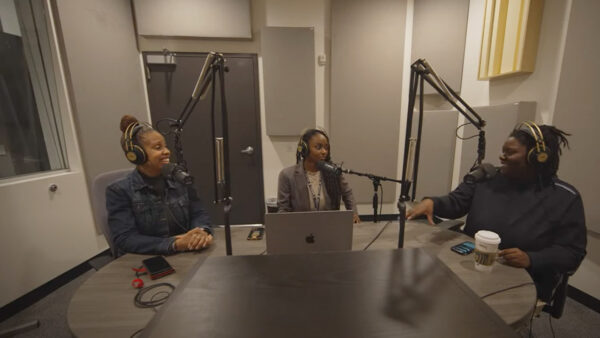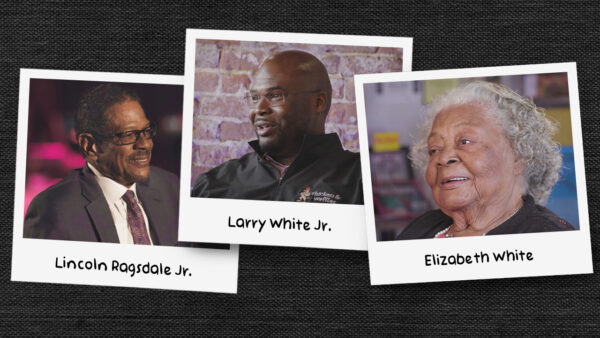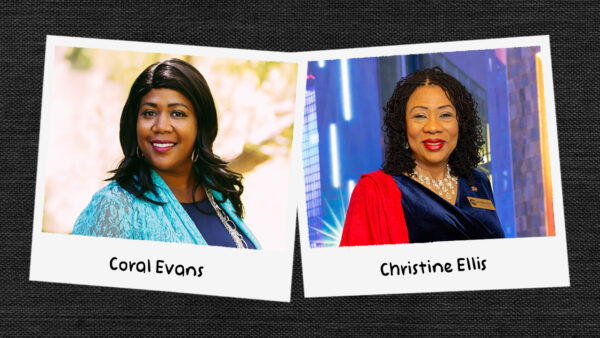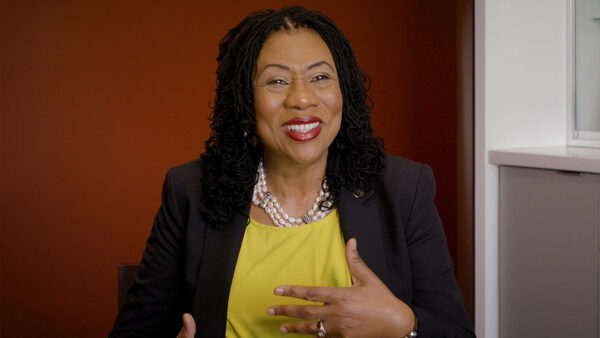Black in Arizona: Culture and Community
April 5, 2023
Explore the diverse Black culture of Arizona. Meet descendants of the Okemah Community as well as Clottee Hammons, Dr. Warren H. Stewart, Sr, David Hemphill and Arthur “Buddy” Strong II as they discuss the rich heritage and culture behind Black churches, music and the arts across the state.
The Okemah Community
Michael Powell grew up in a thriving neighborhood in South Phoenix called the Okemah Community. As a four- or five-year-old, Powell remembers leaving his house to visit a neighbor and not getting home until it started to get dark because “wherever we were playing, somebody would come out and give us a sandwich and a glass of water or Kool-aid.” He adds, “As a child, it was an ideal place to grow up.”
The Okemah Community, which started as an agricultural camp, was founded by Dwight Heard from Chicago. As he sought out people to work the farm, the majority of the population came from Boley and Okemah, Oklahoma. The all-black community was a unique place in Arizona at the time where Black Arizonans were able to buy land and build their own homes.
“You could be fairly autonomous, and free from the pressures of a society outside of Okemah so it was sort of a haven,” Powell explains.
The community was lost to development in the Valley but thankfully still survives through a rich cultural heritage from community members who keep the spirit of Okemah alive.
The Black Theatre Troupe
Founded in 1970, The Black Theatre Troupe became a place for the community to give voice to important themes on the racial climate in Phoenix through dance, song and poetry. The base of activism provided a space where Black Arizonans could have difficult conversations and “provoke thought,” says David Hemphill, the Executive Director of The Black Theatre Troupe.
Hemphill explains the arts have sustained the African American community. “The African American arts are always a place where you can express the feelings of many things that affect you as an individual, that affect you as a particular member of a certain race.”
The Church
In the 1970s, Dr. Warren H. Stewart, Sr., who serves as Senior Pastor at First Institutional Baptist Church, moved to Arizona from New York City. He calls the move a “culture shock” as there were only an estimated 3% of the population that were Black at that time, according to Stewart.
“The Black Church became an independent voice to speak not only about Jesus but to speak about justice,” Stewart explains. “The Church has always been a place where we knew we were created equal in God’s sight and where we had a sense of respect,” he adds.
Music
Music is an integral part of the Black community in Arizona. Arthur “Buddy” Strong II, a musician and producer from South Phoenix, says that growing up in Arizona was a great experience. His foundations are church and school, which is where he was first introduced to music.
Strong says, “As Black people, we’ve been through a lot, a lot of struggle, you know. And music is how we soothe. Music is how we survive. Music has been very instrumental in bringing us together and keeping us strong and helping us get to a place of safety and comfort.”
Art
Music is not the only art form that has a large connection to Black culture in Arizona; physical art does too. Clottee Hammons, Founder and Creative Director of Emancipation Arts, explains art takes many forms across the Valley whether it’s music, murals, sculptures or paintings.
Hammons goal is to create a cultural center, both as a place to host artists but also to host workspaces and events.
“We need to foster the arts. We need to be able to host other artists from different countries and different states,” Hammons says. She adds, “As you look at a piece of art, there’s an exchange there even when you don’t realize it. Because that art is leaving its impression on you.”










